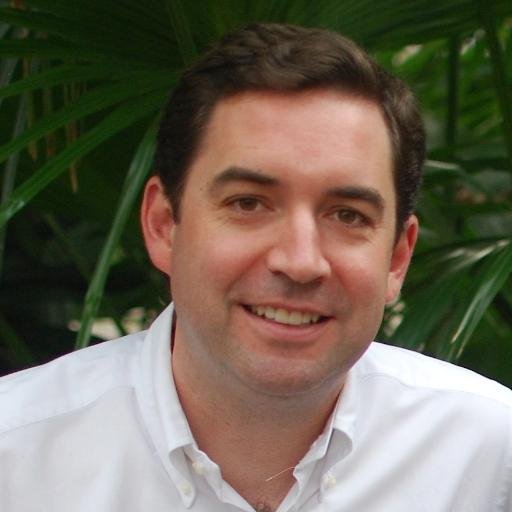An insatiable appetite for world news. A feeling that the world outside your country’s borders is beckoning you. A frustration with the quality of political discourse on foreign policy. If any of this strikes a chord, a career in international affairs writing may be for you.
It won’t be an easy path; the most coveted employees have dedicated years—if not decades—to their foreign affairs passion. Yet there are things you can do now to excel down the road, perhaps the most important of which is to get started. Right now.
Also on Mediabistro


This means building a portfolio of published clips as a freelancer. Most writers covering international politics are established experts in their field. But if the work is solid, publications may give a relatively inexperienced writer a chance.
With that in mind, here are some tips for making a career out writing about foreign affairs and international relations:
Be a jack of all trades.
Writers in the digital age must have a range of different skills, including reporting, writing and editing, as well as production, coding and social media marketing. Today’s most successful foreign affairs reporters not only write well, they also understand how their writing gets produced and distributed online—and how to build an audience for their work.
And master of one.
When everyone knows just a little bit about everything, deep knowledge in at least one area becomes all the more valuable. Find an international issue or region that excites you and deeply educate yourself about it.
Follow the journalists who are experts already and contact them to follow up on their work with questions and remarks. Learn to recognize important developments before others do.als.
Cultivate the outlook of an analyst.
In a world where information is more plentiful and available than ever, the value of journalism increasingly depends on its explanatory power. This means being able to see the relationship between issues and recognize how disparate stories fit into larger trends.
Understanding the big picture will in turn enhance your ability to identify important single events when they come along, and to explain to editors why they are important to cover.
But don’t be a pundit.
Until you have a recognized body of work and have established your bona fides, avoid writing pure opinion or commentary. You’re not Henry Kissinger, so your opinion will matter very little at first to editors and readers, even if it is objectively just as valid as that of the so-called experts.
Start by reporting what is happening and what experts think about it. By doing that enough, your own opinion will begin to be more informed and will be taken that much more seriously by editors.
Look to the next big thing.
One way to ensure there is demand for your expertise is to master a topic that might not be in the spotlight, but that you believe could have greater importance down the road. That way you will be well-positioned if something does occur to make it central.
Chance plays a role of course: Think of the Syria expert prior to March 2011. Or the French foreign policy specialist prior to the November 2015 Paris shootings.
In international affairs, change is the only constant, and yesterday’s irrelevant issue or region can very quickly become today’s front-page news. Look for a subject that is both growing in importance and compelling to you personally.
Know the value of your work.
Because of the Internet’s disruption of media economics over the last 20 years, it’s more important than ever for journalists to understand the business they are in. If you understand the financial interests and pressures of your employers, you are more likely to rise to positions of leadership.
Perhaps more importantly, you will understand the value of the work you do. When you are starting out, some publishers will ask you to work for free. My advice to you: There are very few situations in which the benefits of “exposure” outweigh the hardships of not being paid.
Hampton Stephens is the founder and publisher of World Politics Review.








